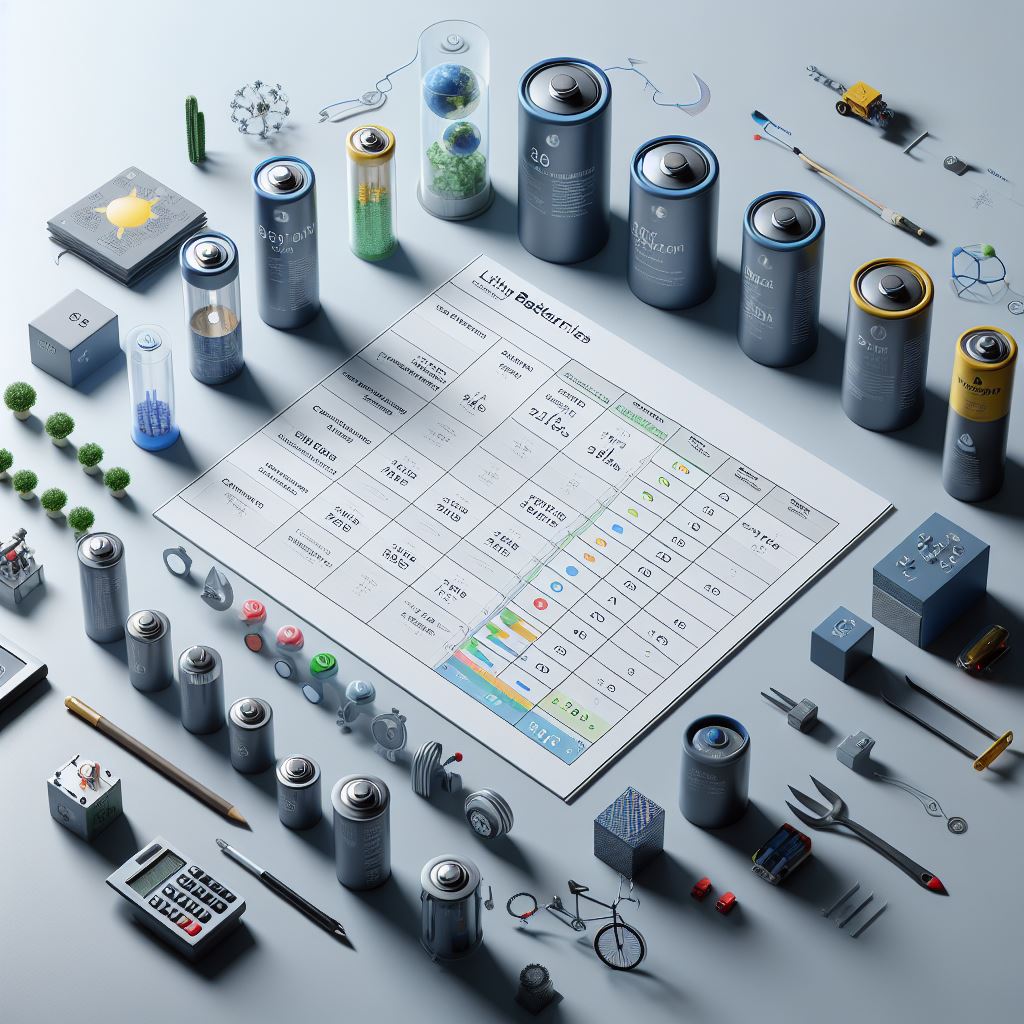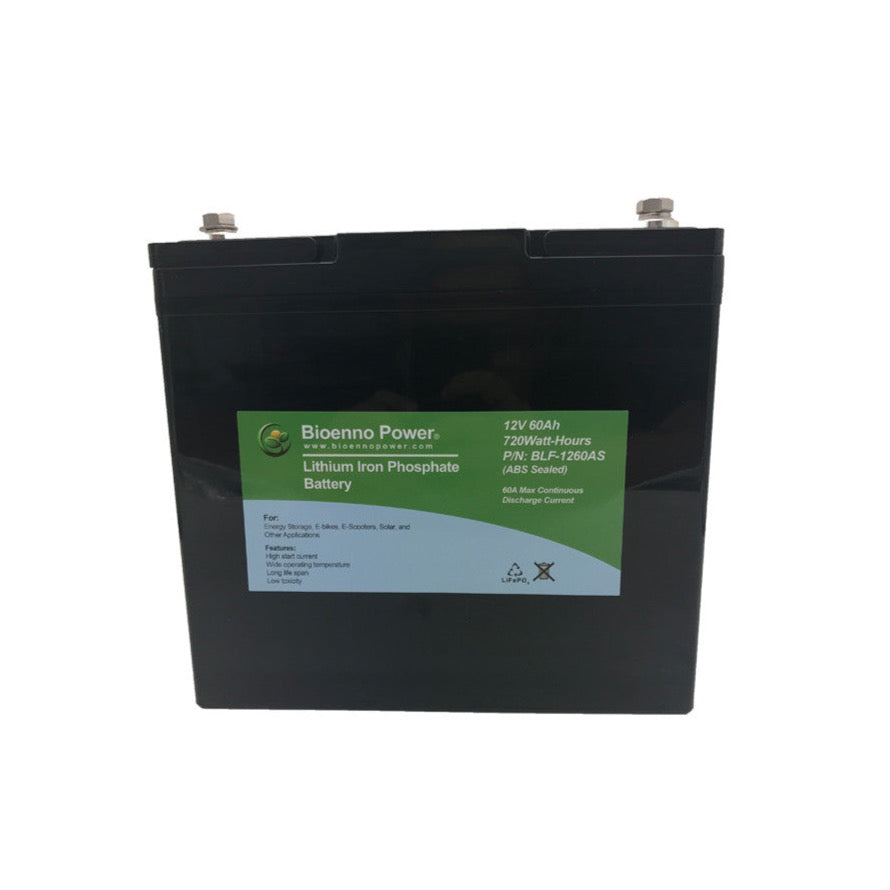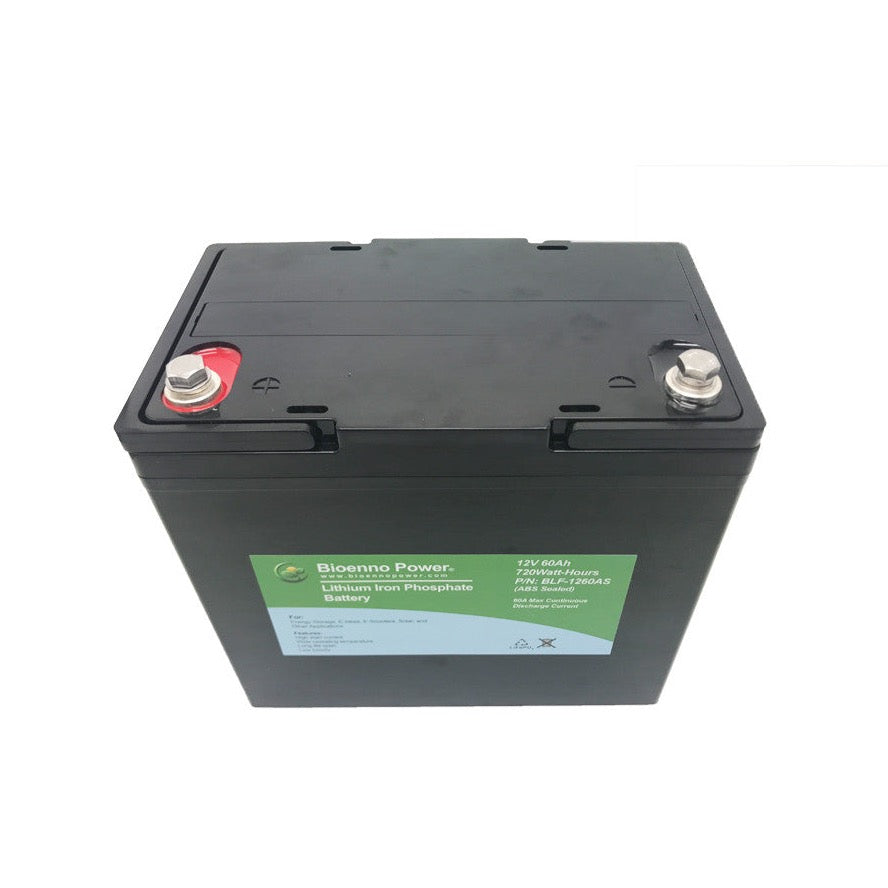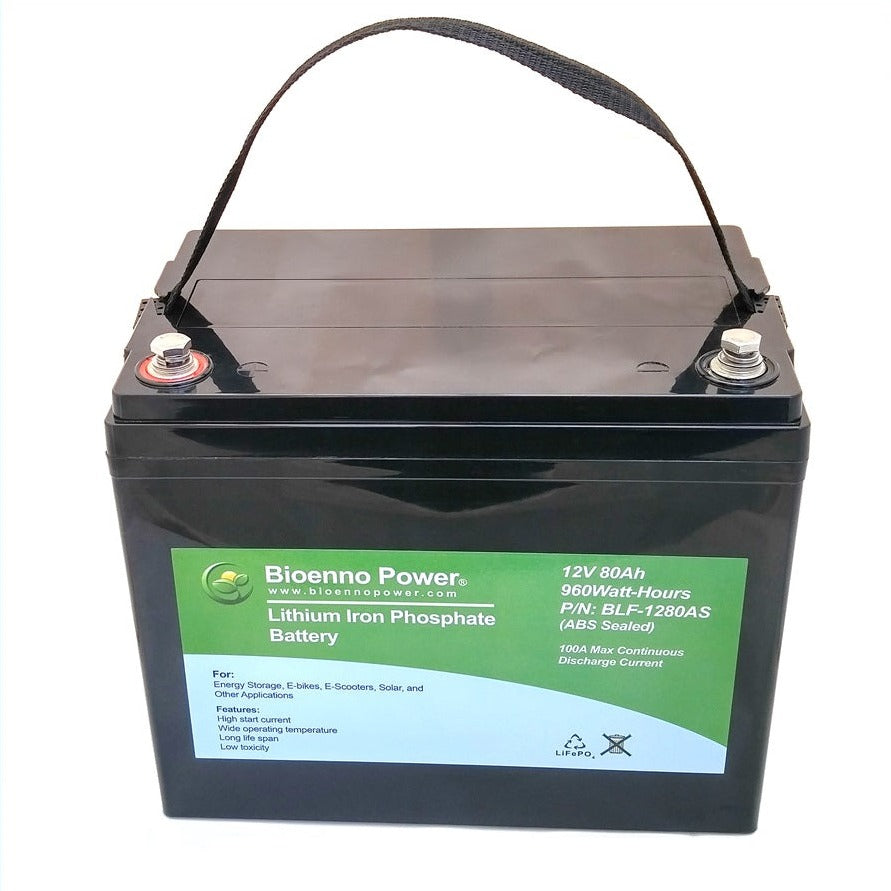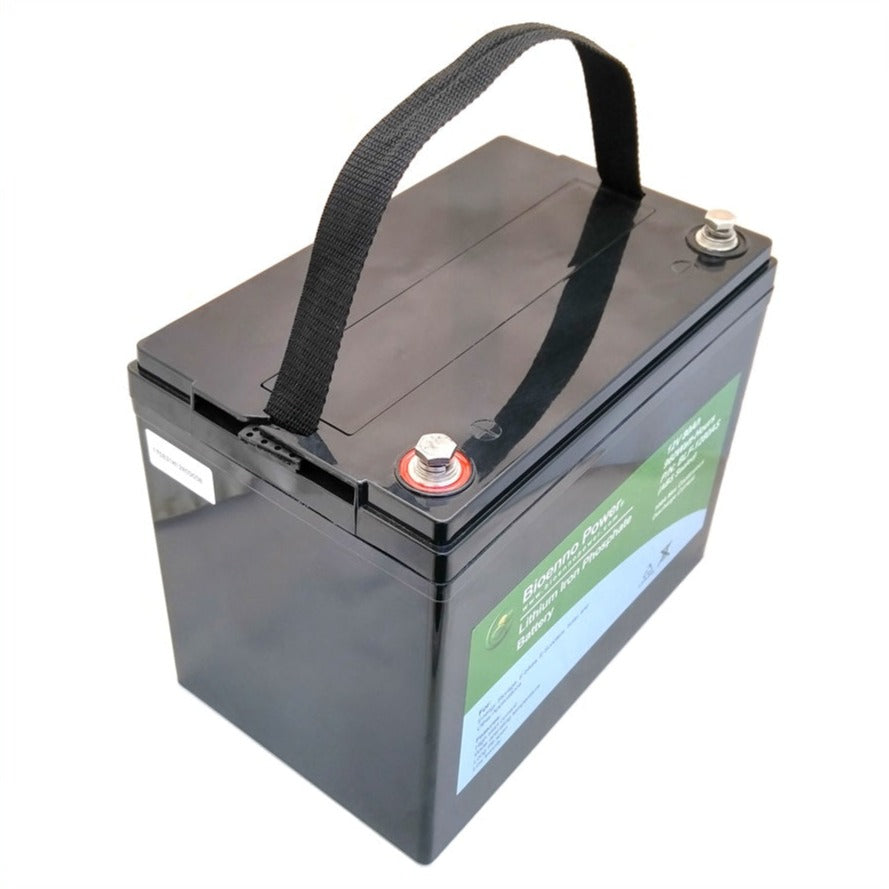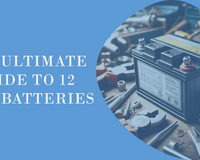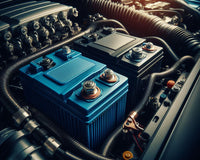Ever wonder why some gadgets last longer than others? It's all about the battery inside. Today, we're comparing three popular types: Nickel-Metal Hydride (NiMH), Lithium Ion (Li-ion), and Lithium Iron (LiFePO4). Let's find out which one keeps your gadgets going the longest.
Understanding Battery Types
Think of NiMH, Li-ion, and Lithium Iron batteries as different kinds of fuel for your gadgets. Each has its own perks and downsides. Learn about how Lithium ion and Lithium iron differ.
What Makes a Battery Stand Out?
A great battery should last long, charge quickly, be safe, and eco-friendly. Now, let's see how our contenders stack up.
Nickel-Metal Hydride (NiMH)
NiMH batteries are like the trusty old trucks. Affordable and less harmful to the planet, they're good for toys and some older tech.
- Pros: Cost-effective; more eco-friendly.
- Cons: Holds less power; wears out faster.
Lithium Ion (Li-ion)
Li-ion is the go-to choice for most of our gadgets, from phones to laptops. They pack more power and last longer.
- Pros: Stores more energy; longer-lasting.
- Cons: Can be pricey; has had some safety issues.
Lithium Iron (LiFePO4)
Meet the premium choice: Lithium Iron. They're like the luxury cars of batteries, known for efficiency, safety, and being kind to the Earth.
- Pros: Very efficient; safest option; great for the planet.
- Cons: More expensive; a bit heavier.
Key Features to Compare
- Voltage: Think of this as the speed your gadget runs at. Li-ion leads with the highest voltage, followed by Lithium Iron and NiMH.
- Energy Density: This tells you how much power the battery can hold. Lithium Iron often has the highest capacity.
- Cycle Life: Lithium Iron wins the longevity race, offering thousands of uses before wearing out.
- Charging Time: Nobody likes to wait. Lithium Iron batteries usually charge the quickest.
- Safety: Safety first! Lithium Iron batteries are the least likely to cause trouble.
- Environmental Impact: If going green is your thing, Lithium Iron is the best choice among these batteries.
- Cost: While Lithium Iron might hit your wallet harder initially, its long life and efficiency can save you money over time.
Best Uses for Each Battery
- NiMH: Perfect for toys and basic gadgets.
- Li-ion: The choice for electronics like laptops and smartphones.
- Lithium Iron: Ideal for high-end electric vehicles, renewable energy setups, and drop in replacement for lead acid batteries.
Looking Forward
As technology evolves, expect to see these batteries get even better. Lithium Iron, in particular, might become more common in the future.
Conclusion
Picking a battery is a bit like choosing the right drink to start your day. While NiMH and Li-ion have their places, Lithium Iron is making a strong case for being the best all-rounder. Check out Bioenno Power's industry leading LifePo4 batteries here.
FAQs
- Is Lithium Iron safer than Lithium Ion? Yes, its stable make-up makes it the safer option.
- What's the cycle life of a Lithium Iron battery? These batteries last a long time, with 2000 to 5000 cycles.
- Can Lithium Iron batteries power electric vehicles? Absolutely, they're becoming popular in high-end electric vehicles.
- Are Lithium Iron batteries green? They're the eco-friendliest option among these three.
- Why are Lithium Iron batteries expensive? The quality and technology behind them make them costlier upfront, but they're worth it in the long run.
Choosing the right battery can make a big difference in how well your gadgets perform. Now you're equipped to make the best choice for your needs.

